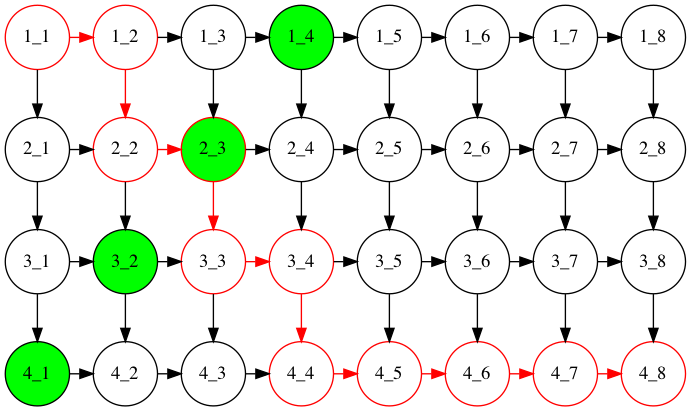Distributed Work Stealing in a Task-Based Dataflow Runtime
The task-based dataflow programming model has emerged as an alternative to the process-centric programming model for extreme-scale applications. However, load balancing is still a challenge in task-based dataflow runtimes. In this paper, we present extensions to the PaRSEC runtime to demonstrate that distributed work stealing is an effective load-balancing method for task-based dataflow runtimes. In contrast to shared-memory work stealing, we find that each process should consider future tasks and the expected waiting time for execution when determining whether to steal. We demonstrate the effectiveness of the proposed work-stealing policies for a sparse Cholesky factorization, which shows a speedup of up to 35% compared to a static division of work.

